LNCMI Grenoble, France.
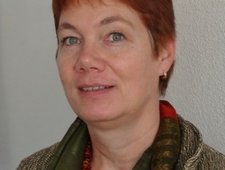
Published on Mar 2, 2018.
Trained as a process engineer I have been working for the LNCMI for over 20 years now, and started as a cryogenics engineer, under the authority of the Max Planck Institute which was at the time a stakeholder of the LNCMI (formerly GHMFL – Grenoble High Magnetic Fields Laboratory: Franco-German laboratory). When the Max Planck Institute stopped its cooperation with the CNRS in 2004, I decided to stay in Grenoble with the LNCMI as a CNRS staff member, and then had the opportunity to evolve in my work and career.
I am today responsible of users’ access and coordination of experiments on the high field facility of the LNCMI-Grenoble. With the DC magnets facility, we have to deal with many technical aspects like preparation of magnet sites, maintenance of parts of the facility, scientific instrumentation but also with financial constraints and availability of man power…, and my task is to coordinate every aspect of using the facility. All external and internal users have to define with me on which magnet site and at what time they can perform their experiment. For that, I have to make sure that all the technical needs (required magnet site configuration or big measurement equipment) and man power (scientific local contacts and scientific instrumentation team for technical support) are available. I also need to consider the financial constraints because electricity costs vary a lot depending on how the users use the DC facility (constant field for hours or high field sweeps) on the one hand and according to the time of the year on the other hand. All these aspects must be rigorously planned. Therefore I created an indispensable planning file which stores all information required for one semester and which I update regularly in order to meet at best the demands and needs of the users and the laboratory staff. This tool is also useful to communicate the schedule to the operators who run the facility.
Together with my colleague of the LNCMI in Toulouse, we have been setting up a common database for the users’ activity for about two years now. Hosting users is one of the major activities for the laboratory and the data generated by this activity (number or projects performed, amount of magnet hours or pulses provided, MWh of electricity consumed or energy used for pulses, nationality of users hosted, etc.) is often needed to show how the laboratory is active and necessary for research in France, Europe and for the world high field community. Very important and large data have to be managed daily, and this new database allows providing precise and quick information when needed. We are now working together with the labs in Nijmegen and Dresden to share the same database within the EMFL, which is a huge and challenging project for our respective facilities, but will only improve our cooperation and facilitate our daily work.


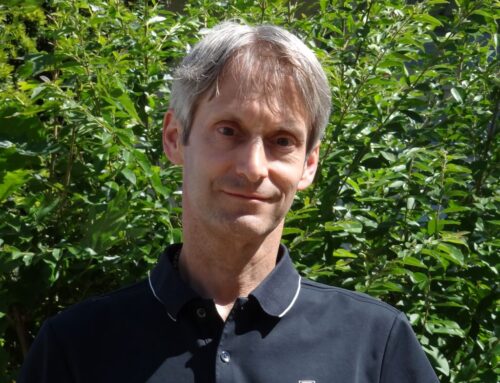
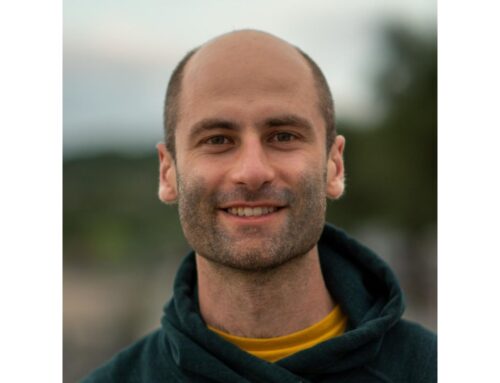
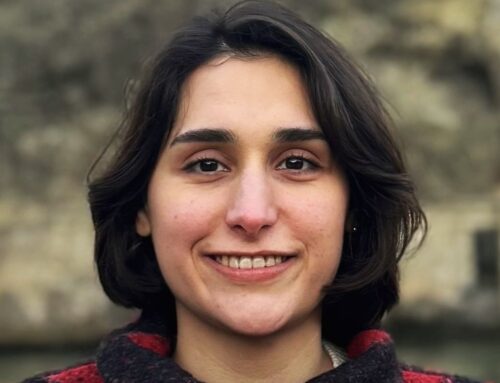
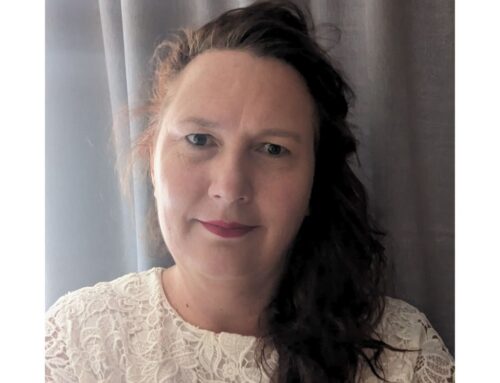
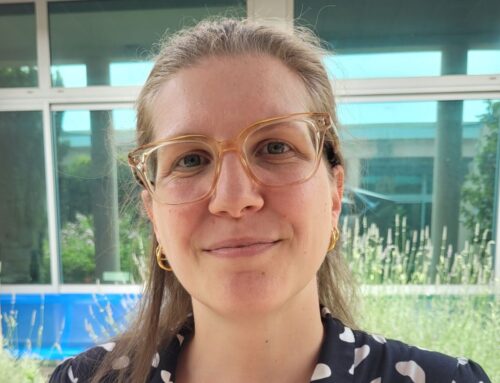
Leave A Comment
You must be logged in to post a comment.